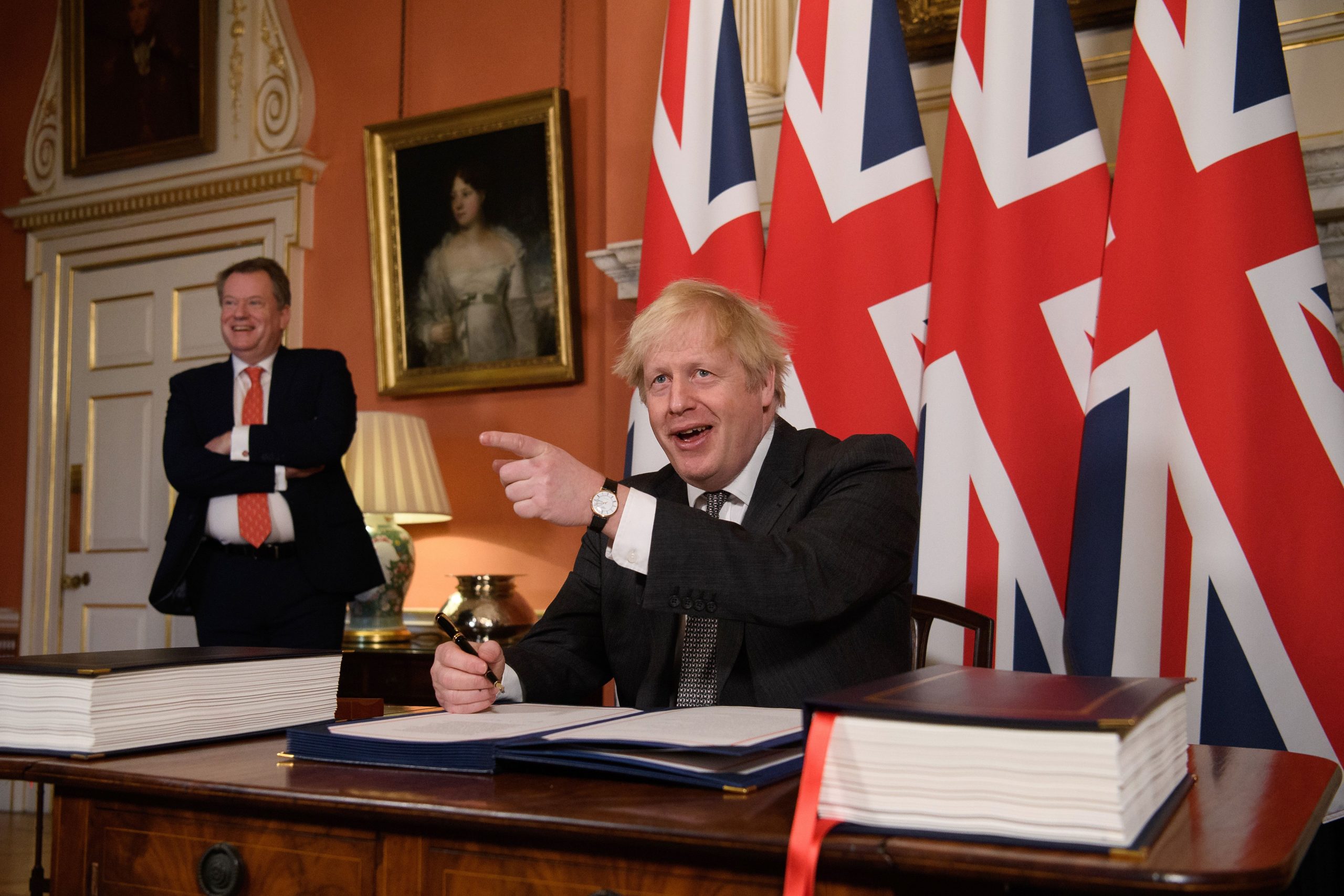
Dominic Cummings made Boris Johnson. Against all odds, he won him the 2016 EU referendum. He finagled a 2019 general election for Johnson when parliamentary opposition to Brexit was making a second referendum look increasingly likely. He won him that election by “flipping” scores of traditional Labour seats.
It was a Faustian bargain. To achieve all that Johnson – formerly a liberal-minded, immigrant-supporting, pro-business mayor of London – had to sell his soul by lying, fanning xenophobia, fomenting ugly nationalism, undermining democratic institutions and embracing a crude and shameless populism. Cummings had no scruples about how he won.
The other quid pro quo was that the Prime Minister gave a fanatical iconoclast, a man whom David Cameron once described a “career psychopath”, far more power than any unelected aide should ever have.
Cummings was Johnson’s personnel director, filling No 10 with his abrasive, confrontational Vote Leave gang, the cabinet with loyal mediocrities he could order around, and ministerial offices with special advisers answerable only to him.
He set the tone of Johnson’s government with its disdain for ministers, MPs, journalists, democratic traditions and the truth; its bullying, lawbreaking and crushing of dissent; its failure to reach out to Remainers; its rewarding of cronies with lucrative contracts; its nastiness, gracelessness and refusal ever to apologise.
[See also: Dominic Cummings’ resignation was not planned – this is the aftershock of a failed coup]
Cummings also set the government’s agenda – at least until the Covid-19 pandemic struck. That agenda included the pursuit of the hardest possible Brexit, perpetual revolution and open warfare on any institution seen as a constraint on his power.
Does anybody seriously believe that Johnson, left to his own devices, would have unlawfully prorogued parliament? Or purged 21 reputable Tory MPs including the grandson of his hero, Winston Churchill? Or boycotted the Today programme? Or ousted six top civil servants? Or brazenly threatened to break international law?
Cummings was the hidden manipulator of the prime ministerial hand puppet. He was the animating spirit of Johnson’s government. He supplied the direction, drive and discipline that his ostensible boss lacked. Johnson’s almost pathetic dependence on his aide was laid bare when he refused to sack him for breaking the lockdown rules – a refusal that seriously undermined the government’s authority in its battle against Covid-19.
Six months later, with Johnson’s popularity plunging, his backbenchers mutinous and the country facing chaos on several fronts, Carrie Symonds has finally, thankfully, forced her fiancé to perform the ultimate U-turn. The purger has been purged, the malignant tumour excised.
We are now promised a long overdue “reset” – a return to the kindler, gentler, more inclusive and progressive Johnson. Already MPs (bearing Covid-19 and seemingly breaching lockdown rules) are being welcomed back to Downing Street. Ministers have returned to ITV’s Good Morning Britain, evading Piers Morgan’s questions. Whether, having squandered so much political capital, Johnson can still rescue his premiership remains to be seen, but it will be a mighty task.
His relationship with Cummings has underscored his many failings. It has exposed his lack of judgement in appointing a man so toxic, divisive and destructive as his chief adviser. It has exposed the managerial weakness of a prime minister who cannot run Downing Street, let alone the country (Johnson lasted just a week in his first post-university job – as a management consultant).
It has exposed the political hollowness, the lack of core convictions and the magpie-like reliance on those of others, of a man who is, by his own confession, prone to “veering all over the place like a supermarket trolley”.
On top of that, Cummings’ departure, welcome though it is, has left No 10 in temporary disarray as it battles the gravest crisis – Covid-19 – that any government has faced since the Second World War, with 50,000 already dead and a terrible economic reckoning to come.
The immense damage of the hard Brexit that Cummings made possible is irreversible. His departure may make an EU trade deal marginally more likely, but it will be a bare-bones deal at best. It will not avert turmoil when the transition period expires on 31 December, and the government has yet to develop a plausible alternative to an economic model long based on Britain giving foreign investors unfettered access to the European single market. Cummings’ departure may also be too late to save the Union as Brexit and hatred of Johnson hardens support for Scottish independence.
Cummings has bequeathed Johnson one other baleful legacy. He has transformed the Conservatives from the party of the shires to the party of the disgruntled north and midlands.
The new “Red Wall” Tories do not necessarily want a softer, more liberal Johnson, while the millions of traditional One Nation Tories whom he abandoned in his most recent incarnation will not readily forgive and forget the terrible damage he has inflicted on the country.
The latter may have recoiled from voting for Jeremy Corbyn last December, but they would have far less problem backing Keir Starmer.
[See also: Why Dominic Cummings failed on his own terms]





